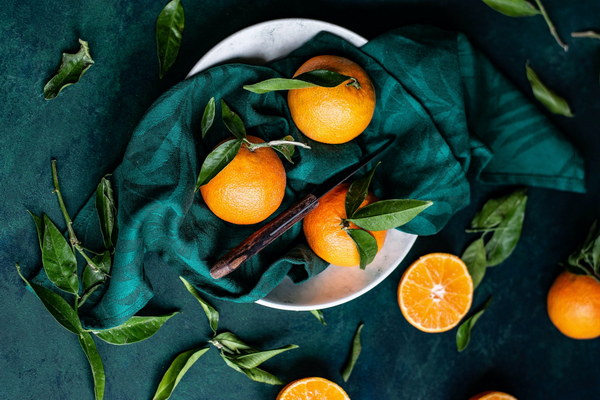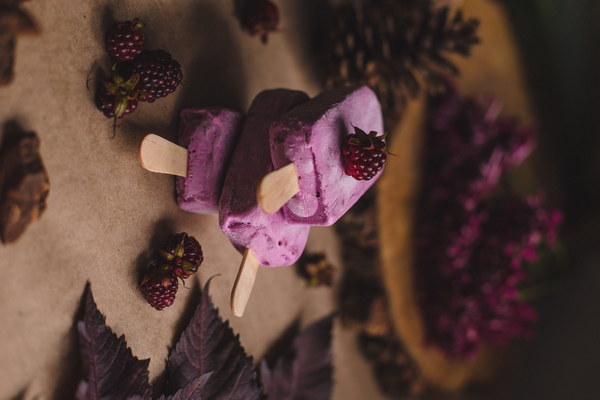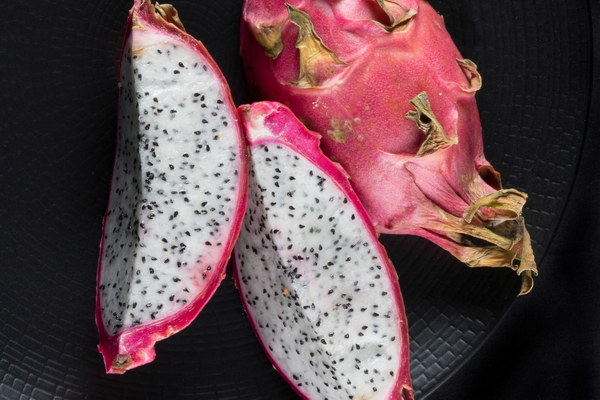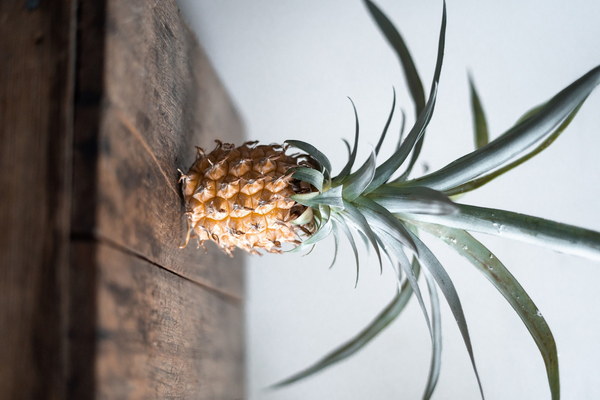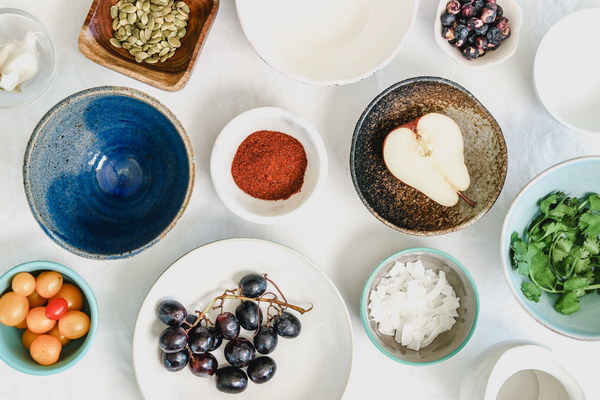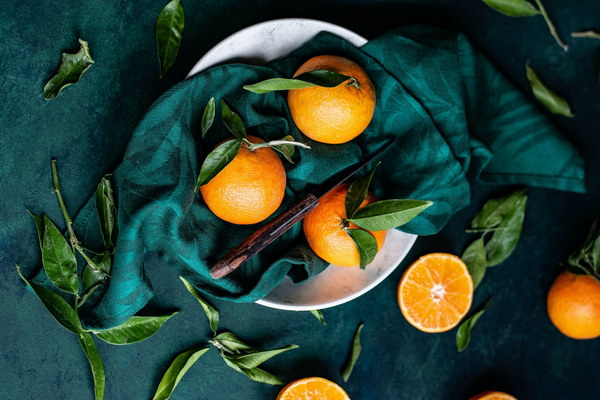Traditional Chinese Herbs for Lung Health and Mucus Reduction in Pigs During Autumn
Autumn, with its crisp air and cooler temperatures, is a season that can be challenging for pigs, particularly when it comes to respiratory health. The change in weather often leads to respiratory issues such as coughing, phlegm, and inflammation. To ensure that our porcine companions stay healthy and comfortable during this season, incorporating traditional Chinese herbs can be a beneficial approach. This article explores the use of Chinese herbs for lung health and mucus reduction in pigs during autumn.
1. Mulberry (Sapindus miltiorrhiza)
Mulberry, known as Suan Zao in Chinese medicine, is a versatile herb that can be used to nourish the lungs and reduce phlegm. It is also believed to enhance the immune system, helping pigs to resist respiratory infections. Mulberry is typically used in combination with other herbs to create a balanced formula.
2. Licorice (Glycyrrhiza uralensis)
Licorice root, known as Gan Cao, is a commonly used herb in Chinese medicine for its ability to soothe the respiratory tract and reduce inflammation. It also helps to harmonize other herbs in the formula, making it an essential component in respiratory treatments for pigs.
3. Peony Root (Paeonia lactiflora)
Peony root, known as Bai Shao, is another important herb for lung health. It is believed to nourish the lung yin, which can help alleviate symptoms such as dry cough, sore throat, and phlegm. Peony root is often combined with other herbs to create a comprehensive respiratory support formula.
4. Fritillaria (Fritillaria thunbergii)
Fritillaria, known as Chuan Bei Mu, is a potent herb for lung health. It is used to clear heat from the lungs, relieve cough, and reduce phlegm. Fritillaria is often combined with other herbs to enhance its effectiveness in treating respiratory issues.
5. Anemarrhena (Anemarrhena asphodeloides)
Anemarrhena, known as Zhi Mu, is a cooling herb that can help reduce inflammation and phlegm in the lungs. It is often used in combination with other herbs to create a synergistic effect in respiratory treatments for pigs.
To prepare a formula for lung health and mucus reduction in pigs during autumn, the following combination of herbs can be used:
- Mulberry (Sapindus miltiorrhiza) - 30g
- Licorice (Glycyrrhiza uralensis) - 15g
- Peony Root (Paeonia lactiflora) - 20g
- Fritillaria (Fritillaria thunbergii) - 25g
- Anemarrhena (Anemarrhena asphodeloides) - 20g
Instruct your veterinarian or a trained herbalist to prepare these herbs into a decoction. The recommended dosage for pigs is typically 1-2 ml per kilogram of body weight, given twice daily. However, it is crucial to consult with a professional before administering any herbal treatments to ensure the correct dosage and safety.
In addition to herbal treatments, consider the following practices to support lung health and reduce mucus in pigs during autumn:
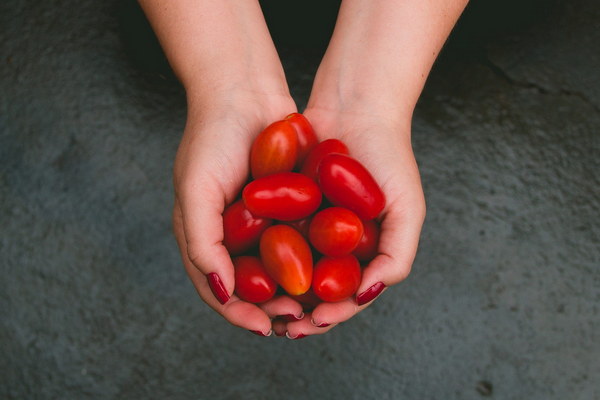
- Maintain proper ventilation in the pigpen to ensure fresh air flow.
- Keep the pigpen dry and clean to minimize the risk of respiratory infections.
- Provide a balanced diet rich in vitamins and minerals, particularly vitamin C and zinc, which can help boost the pig's immune system.
- Monitor the pig's activity level and breathing patterns, and seek veterinary attention if any concerns arise.
By incorporating traditional Chinese herbs and maintaining a healthy environment, you can help ensure your pigs stay healthy and comfortable during the autumn season. Always consult with a professional before administering any herbal treatments to ensure the best outcomes for your porcine companions.
